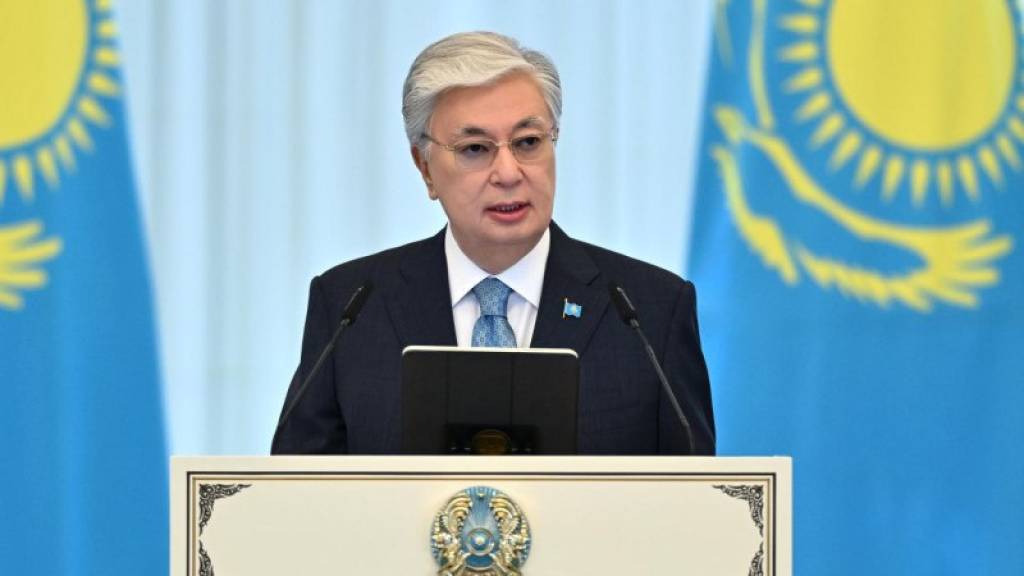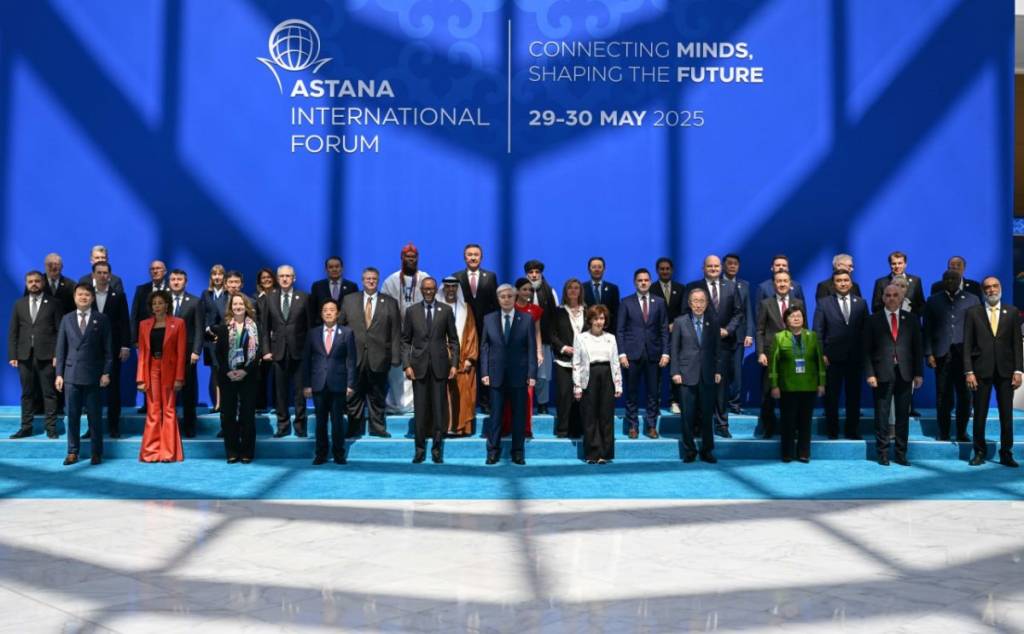
The Astana International Forum – AIF 2025 has commenced its work in the capital of the Republic of Kazakhstan. Nearly 600 foreign guests are participating in the event, including leading politicians, representatives of international organizations, corporations, investors, and the academic community.
Journalists from leading news agencies, television channels, and other mass media outlets from more than 70 countries are providing direct coverage of the forum’s proceedings.
At the forum’s opening, the President of the Republic of Kazakhstan, Kassym-Jomart Tokayev, delivered a speech. Expressing his pleasure in welcoming the participants of the Astana International Forum, the Head of State drew attention to the fact that this meeting is taking place at a time of great uncertainty in the world.

“This can be described as a crossroads, a decisive moment in international relations. However, it is up to historians to draw that conclusion. What matters now is how we respond to this situation”, President Tokayev said.
The Leader of Kazakhstan noted that, according to last year’s data, 52 countries were involved in armed conflicts. The economic losses from violence reached $19 trillion, approximately 13.5 percent of the world’s gross domestic product.
“Kazakhstan views the modern turbulent world through the prism of constructive cooperation”, said the President. “In our foreign policy, we prioritize dialogue over division and rely on respect for sovereign rights. Disregarding national pride and the historical and cultural traditions of peoples is unacceptable. At the same time, it is essential to respect the right of all national minorities to speak their languages and to develop their cultures. That is why we firmly uphold the ‘Unity in Diversity’ principle in Kazakhstan”.
The President of the Republic of Rwanda, Paul Kagame, and the President of North Macedonia, Gordana Siljanovska-Davkova, also addressed the forum, each emphasizing the importance of cooperation for the world’s peoples.
At AIF 2025, global issues such as foreign policy and international security, energy and climate change, the economy and finance are being thoroughly analyzed.
The forum continues its work.
Norgul Abduraimova, UzA
Tashkent – Astana








